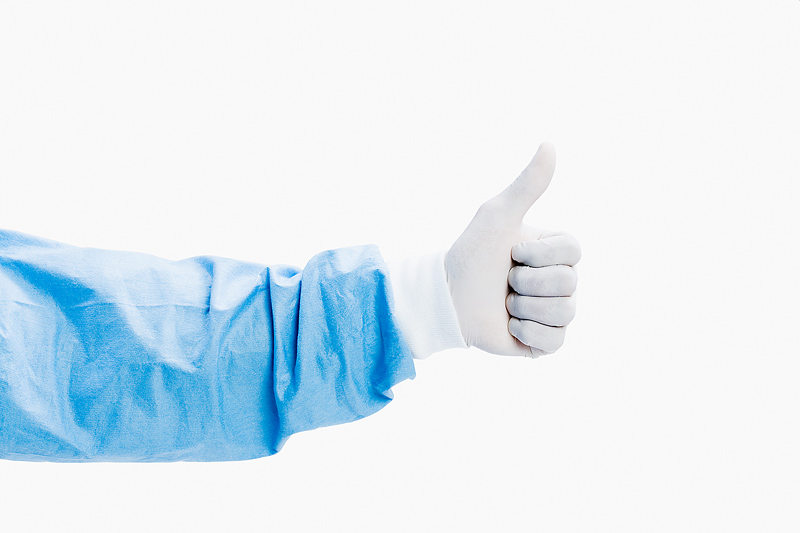Here are some of the latest health and medical news developments, compiled by the editors of HealthDay:
Former Teen Heartthrob David Cassidy Has Dementia
David Cassidy, a teen heartthrob from the 1970s, said Monday that he is battling dementia.
Both his grandfather and his mother, actress Evelyn Ward, struggled with dementia in their final years, the former star of the hit television series, “The Partridge Family,” told People magazine.
“I was in denial, but a part of me always knew this was coming,” the 66-year-old singer and actor told the magazine.
The musician, who could not remember the lyrics to his songs during a performance in California last weekend, plans to stop touring, because “I want to focus on what I am, who I am and how I’ve been without any distractions. I want to love. I want to enjoy life.”
Cassidy has wrestled with substance abuse issues in recent years, having been charged three times with DUIs since 2010 and spending time in a rehab facility in 2014. He filed for bankruptcy in February 2015, according to the magazine.
—–
NASA Sends ‘Superbug’ to the Space Station
A staph germ resistant to multiple antibiotics — a so-called “superbug” — was planned to be sent via rocket to the International Space Station on Sunday.
According to CNN, NASA astronauts plan to study the methicillin-resistant Staphylococcus aureus (MRSA) germ in the unique zero-gravity environment of space, to better understand how these dangerous germs mutate around antibiotics.
MRSA is a common “superbug,” responsible for tough-to-treat blood infections, plus pneumonias and skin infections.
“We are excited to put MRSA on the International Space Station [ISS] and investigate the effects of microgravity on the growth and mutation patterns of these bugs,” Dr. Anita Goel said at a NASA news conference last week. She’s a medical doctor, physicist and CEO of biomedicine company Nanobiosym.
“I have this hypothesis that microgravity will accelerate the mutation patterns,” Goel explained. “If we can use microgravity as an accelerator to fast-forward and get a sneak preview of what these mutations will look like, then we can essentially build smarter drugs on Earth.”
Prior research has shown that zero-gravity may help microbes grow faster.
“If indeed we can use the ISS as an accelerator, an incubator, to know what future mutations of superbugs like MRSA will be, we [can] use that info to develop better algorithms on Earth to inform drug discovery and faster ways to get to smarter drugs that are more personalized and more precisely targeted to a bug or strain at hand,” Goel reasoned.
She added that rigid precautions are being taken to ensure that the astronauts aboard the space station cannot come into direct contact with the MRSA superbug.
Copyright © 2025 HealthDay. All rights reserved.

